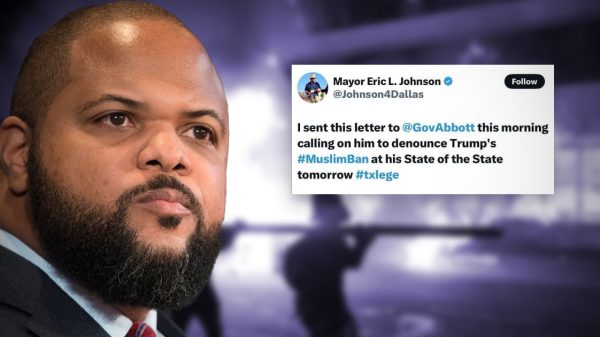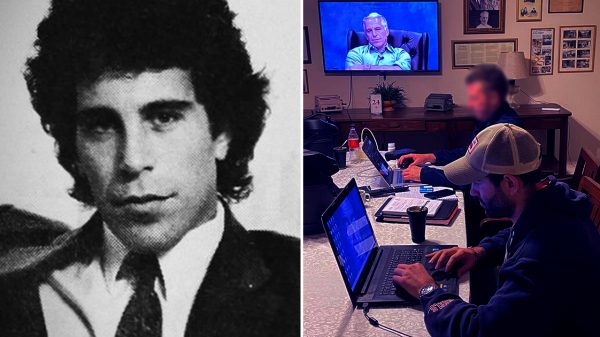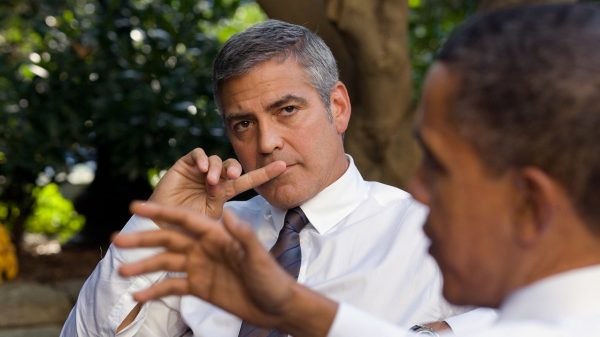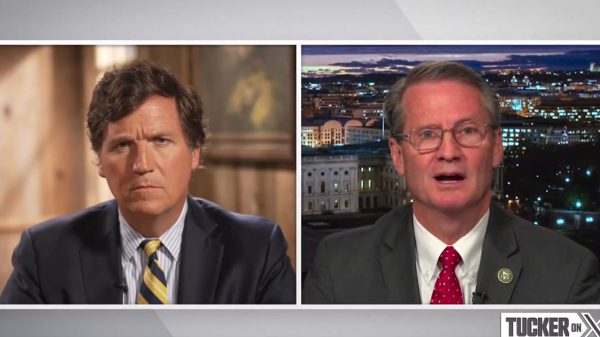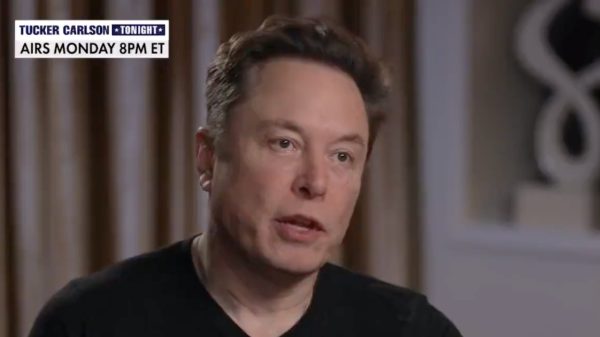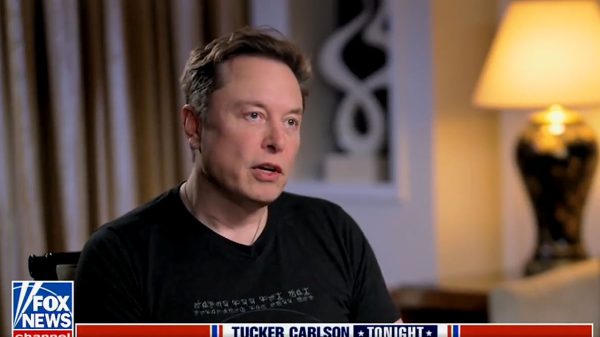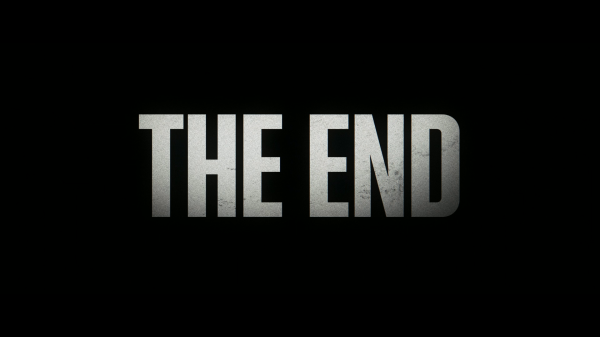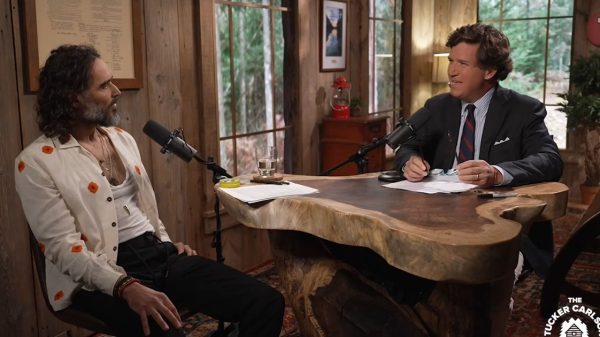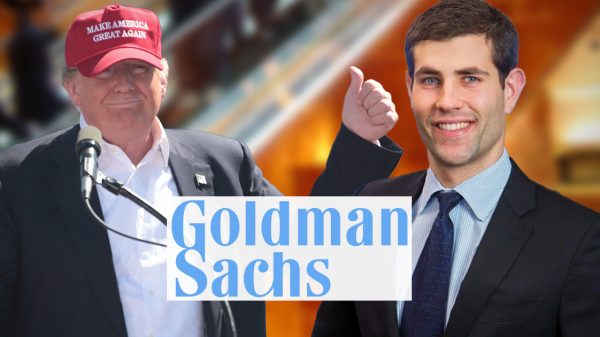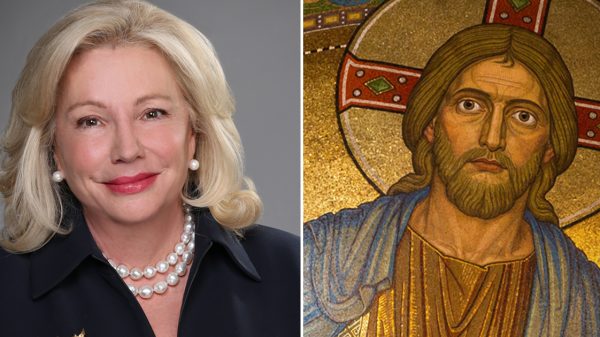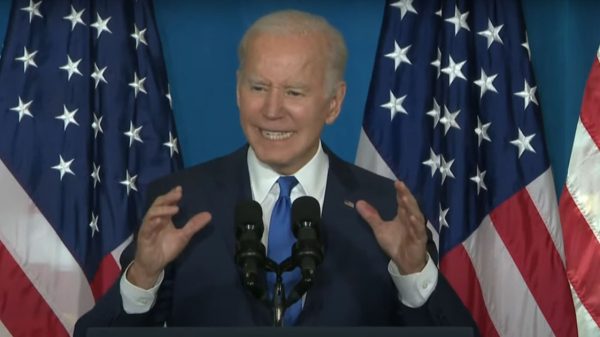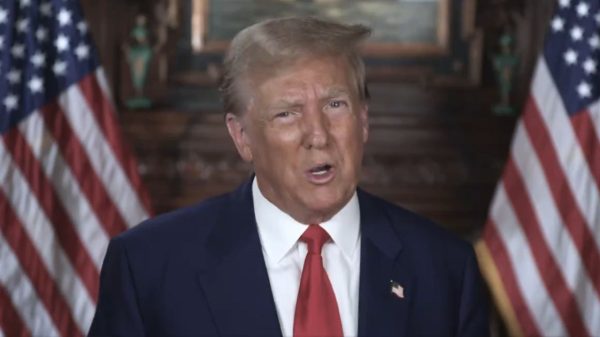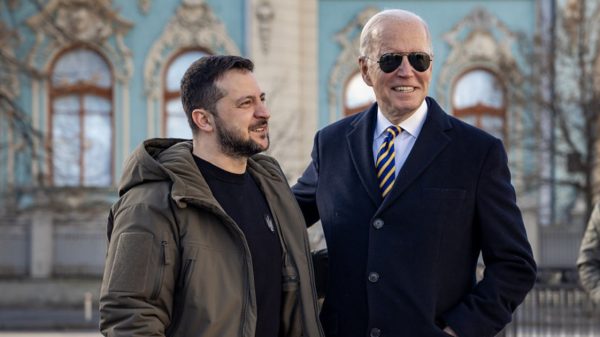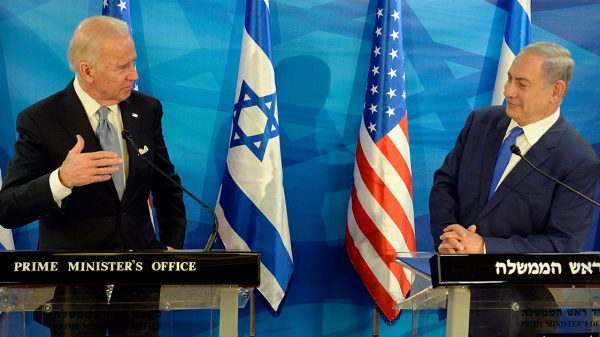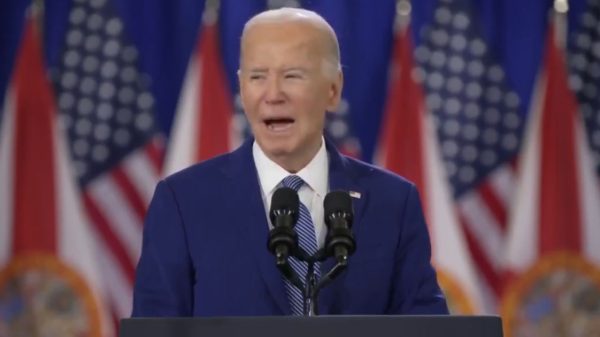In a move that has sparked widespread controversy, Republican presidential candidate and former U.N. Ambassador Nikki Haley has called for an end to online anonymity. Haley, facing a challenging campaign, declared that anonymous accounts pose a “national security threat” and advocated for user verification on social media platforms.
Haley’s call to action, as reported by CBS News, came amid concerns about the spread of misinformation and the influence of bots on social media platforms. Haley argued that these anonymous accounts are a danger to national security, and proposed that every individual on social media should be verified.
Nikki Haley says posting anonymously online is a threat to "national security."
"Every person on social media should be verified by their name." pic.twitter.com/dlPoYankNo
— Citizen Free Press (@CitizenFreePres) November 14, 2023
However, this stance has drawn significant backlash from within her own party. Florida Governor Ron DeSantis denounced Haley’s call to ban online anonymity as “dangerous and unconstitutional”, as reported by The Washington Examiner. He emphasized the importance of free speech and privacy rights, suggesting that Haley’s proposal would infringe upon these fundamental liberties.
Haley’s stance also faced criticism online and from other rival GOP candidates, including Donald Trump, according to CNBC. Critics argue that her proposal could lead to increased surveillance and censorship, undermining the principles of free speech and privacy.
In the face of this backlash, Haley appeared to backtrack on her initial statement. PBS Newshour reported that Haley walked back her demand that social media ban anonymous posters after facing GOP backlash.
This incident underscores the ongoing debate around the balance between national security and personal privacy in the digital age. As the 2024 Presidential election approaches, candidates’ positions on these critical issues will likely continue to shape the political discourse.



